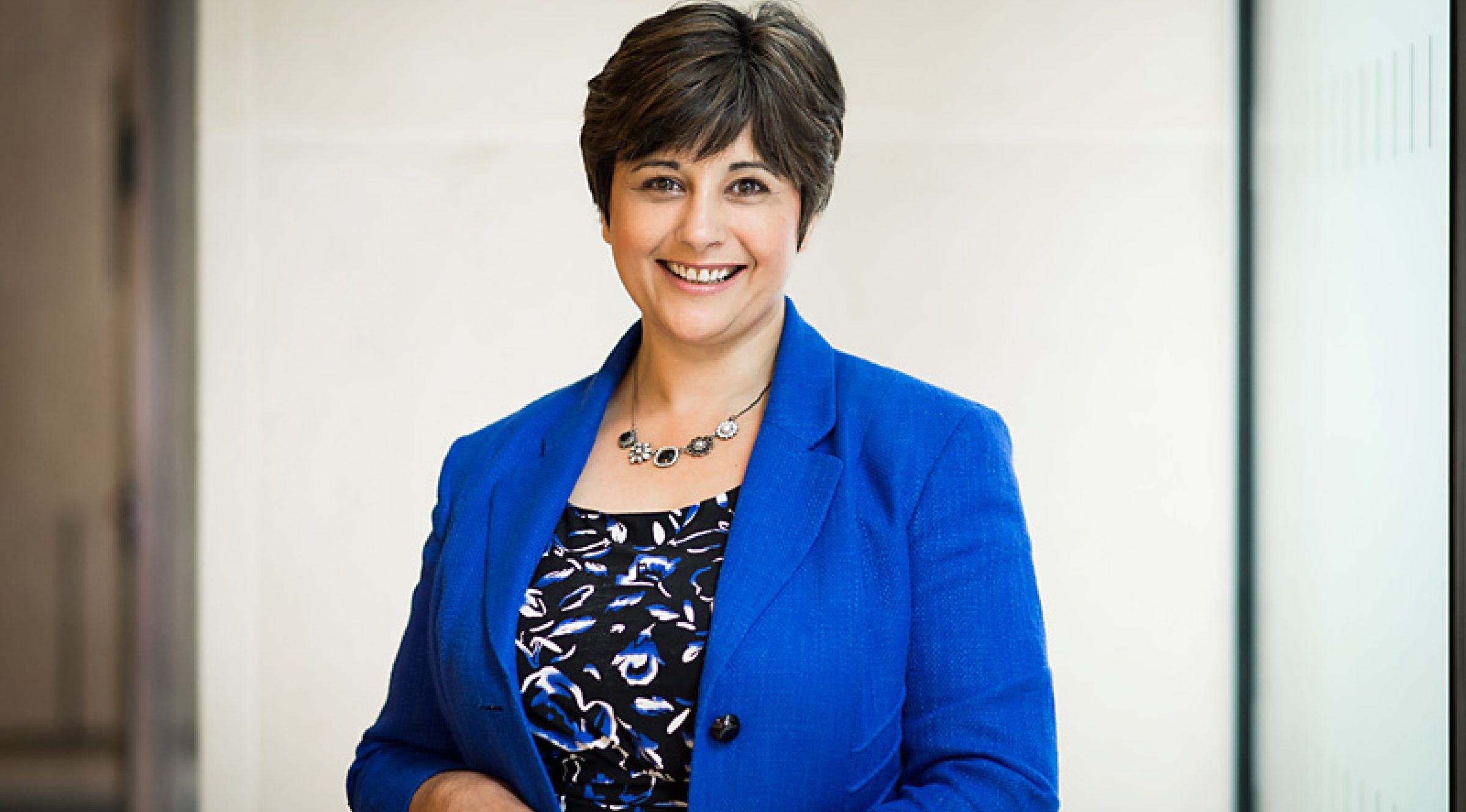Send us a message
Tel: 0203 416 5340



Blog 23.07.18
Alcumus ISOQAR is a UKAS accredited Certification Body, based out of Manchester and we’ve been in business for 25 years. Since being acquired by Alcumus in 2010 we have risen into the top 5 of the UK market and we continue to grow year on year. We have a team of 70 auditors and 30 subcontractors who carry out 12,000 audits a year and on top of that we work with a network of partners internationally who carry out around 4,000 audits a year.
As a Managing Director I’m responsible for the overall day to day running of the business. I have worked for 20 years in the TIC (Testing, Inspecting and Certification) and GRC (Governance, Risk Management and Compliance) arena across various compliance organisations and accreditation bodies. During my time at Alcumus I’ve had an involvement in many of the growth initiatives and I’ve really enjoyed seeing how the business has grown through that time.
For us to be able to certify an organisation, we must be satisfied that the organisation follows processes and systems which are compliant with relevant management system standards. We start by reading through the documents the organisation send over, which helps us understand the company, their risks and opportunities, and their processes. This therefore informs and determines which kind of audit is needed. In summary, we plan the audit before we start, so we are not working blind.
The itinerary for an audit varies based on the size and complexity of a business and the specific standards we are auditing, but essentially there are three key components of an audit:
The security industry is an industry where trust levels are key to winning new and keeping existing business. The customers are trusting a third party to look after their security related risks, there are sensitivities and legalities; it’s a risky business. It’s assuring robustness, independence and integrity when we carry out the audit for a security company like Vigilance. For us to carry out an audit with credibility and integrity, we ourselves need to be audited. Alcumus meets a standard called ISO 17021 and is itself UKAS accredited. As an impartial auditor, we can’t go into a business tell them what they can improve and then improve it for them. Instead we have to be objective, tell them which parts of the company needs to improve and give them guidance and examples of how the business could do things in a different way. It’s all about helping the company under audit operate in the best way.
We work with Vigilance to make their business fitter, stronger and more secure by certifying them to ISO 9001:2015 for Quality Management. We also certify them as a supplier of licensed security services to the Security Industry Authority’s (SIA) Approved Contractor Scheme (ACS). The ACS is a voluntary accreditation that distinguishes UK security companies that submit to this additional standard as quality suppliers of security services. Vigilance’s Health and Safety management system is Safe Contractor accredited.
For customers there are several benefits, the main overall benefit is the transparency of how the business is working and is operating to best practice. This gives customers reassurance that they will constantly be delivered a high-quality service. The ISO 9001:2015 Quality Management System is the key for customers, it’s the world’s most recognised quality management standard. This accreditation provides a management framework which improves business practices which equates to company stability and professionalism. For a security business like Vigilance, applying this standard means checks are carried out on manned guarding, background checks of all workers and customers are conducted and ensuring its surveillance software is robust to identify the risks and make sure the company works to good codes of best practice and conduct.
All ACS clients are given a score as part of the report following the audit. The audit report is also screened by the SIA. Follow up audits either demonstrate improvements in scores or not. This helps to ensure that SIA companies continually improve, and our auditors work with companies to maintain improvements. We work on behalf of the SIA and the reports and scores we produce are confidentially shared with the SIA and the customer. These can vary considerably from customer to customer against the standard. Visibility of reports and scores would be something that the SIA could consider.
We would like to thank Nikki for her time and insight. To view more information on Alcumus Group and their services, visit www.alcumusgroup.com

© Vigilance Properties Limited 2026. Registered in England & Wales under company registration number 06682999. Vat No. 939424007